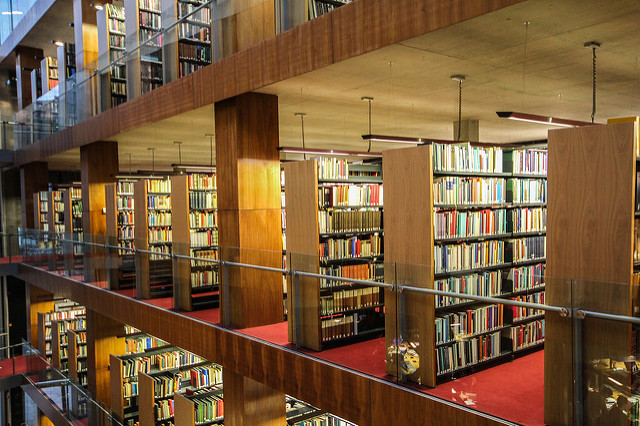Trinity’s Disability Service has introduced an array of sensory spaces in College’s libraries to meet the needs of students with sensory-processing issues.
As part of the Trinity Sensory Processing Project, various furniture has been installed and sensory areas have been zoned to make the libraries more inclusive to those with sensory issues. These include pod desks and enclosed seating in the Lecky, individual bookable study rooms in the Berkeley, a low-sensory study room and acoustic high-back seating in the Ussher and study pods in the John Stearne Medical Library.
Work is also ongoing to install sound-absorbing panels in the Lecky and pod desks in the Ussher reading room and the Hamilton library.
The changes have been based on occupational theory research conducted at Trinity and engagement with staff and students. A survey of 150 students registered with the Trinity Disability Service found that 68 per cent of respondents felt that there was no quiet space on campus that they could easily access if they felt overwhelmed and over 50 per cent of respondents would leave campus as a result of feeling overwhelmed.
When asked if they would use a quiet space in the library if it was available, 93 per cent of respondents said that they would.
Other student spaces such as the Hamilton JCR, Goldsmith Hall, the Arts Block student space, House Six and Printing House Square will also be adapted over the coming months to include sensory spaces. There will be areas based on function created in student spaces, such as social areas, eating areas and quiet areas.
Over €233,000 of government funding to support students with disabilities will be used on developments such as these student spaces. Additional funding of €126,500 was also provided by the Trinity College Dublin Students’ Union, the libraries and Student Services.
Earlier this year, the Trinity Ability co_op launched a project aimed at supporting clubs and societies to become more inclusive to students with disabilities.
The Towards Inclusive Clubs and Societies Project has several elements, including training videos, guidelines and a checklist. All components are designed to improve the inclusion of disabled students in clubs and societies.
The project contains a list of recommendations on changes clubs and societies can implement to become more inclusive to students with disabilities.







